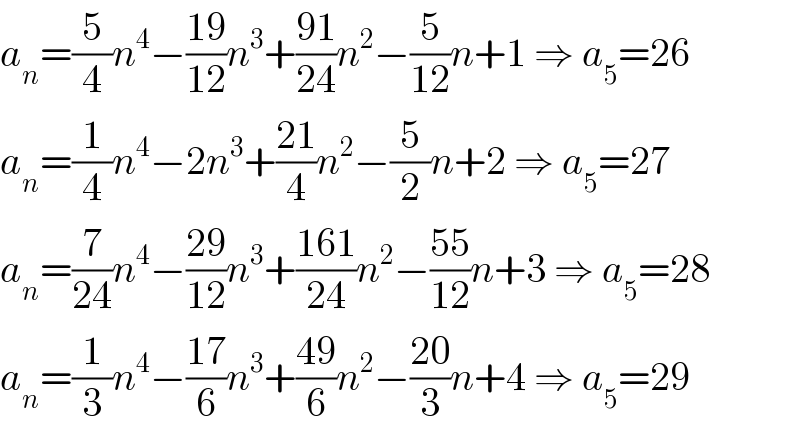
Question and Answers Forum
Question Number 81892 by Power last updated on 16/Feb/20

Answered by MJS last updated on 16/Feb/20

Commented by mr W last updated on 16/Feb/20

Answered by MJS last updated on 16/Feb/20

Answered by MJS last updated on 16/Feb/20

Answered by MJS last updated on 16/Feb/20

Answered by MJS last updated on 16/Feb/20

